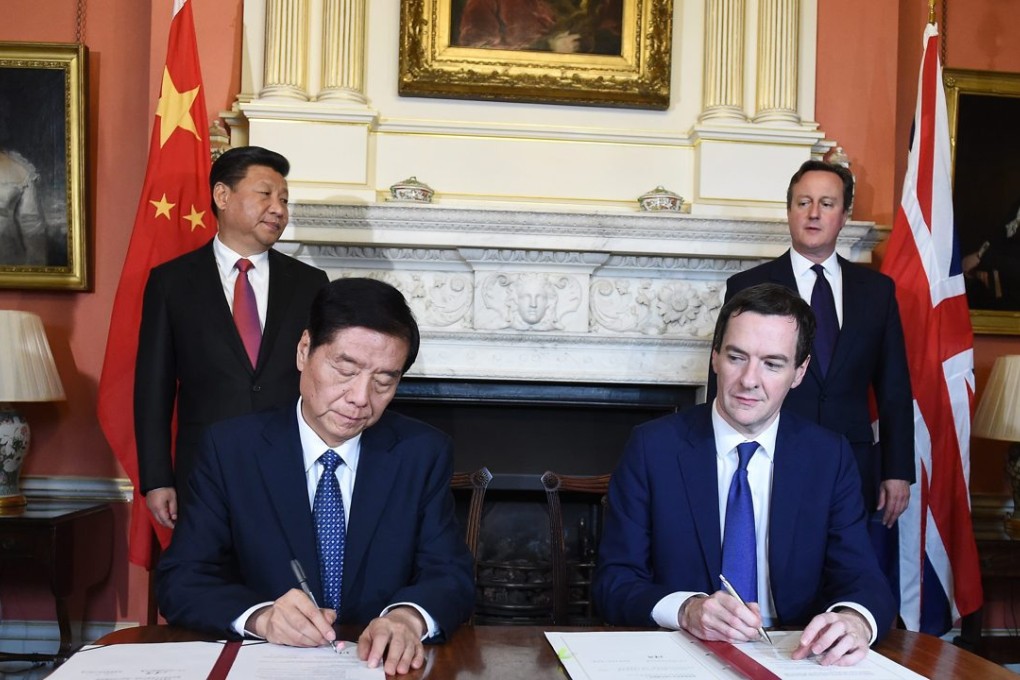The grand plan behind China’s economic diplomacy: ease strain domestically, build status to rival America

According to Chinese tradition, giving a gift seals a friendship.
It’s a tradition that’s been underscored recently by globetrotting President Xi Jinping (習近平) who has left in his wake dozens of top-dollar deals in his efforts to make friends around the world.
Over the past year or so Xi has made headlines everywhere from the United States and Britain to France, Africa and the Middle East. Many of those headlines were accompanied by pictures of the Chinese leader smiling broadly and shaking the hands of his foreign counterparts, but it was not the diplomatic niceties that created great media discussion – it was the sheer size of the business deals involved.
Xi appears to be treading a similar path to the Chinese emperors during the legendary surpluses of the Han dynasty, an age characterised by the first Chinese expansion to the west and south.
Today, Xi is involved in his own expansion plans. He has proposed to revive the ancient Silk Road trade route, which stretched from China’s old capital of Xi’an as far as ancient Rome, and his backing his vision with pledges of huge Chinese investment.
READ MORE: Xi Jinping’s whirlwind globetrotting heralds “new power diplomacy” - will it work?
Much like the Chinese belief that money makes friends, Xi’s actions have been characterised as cheque book diplomacy by many observers.
